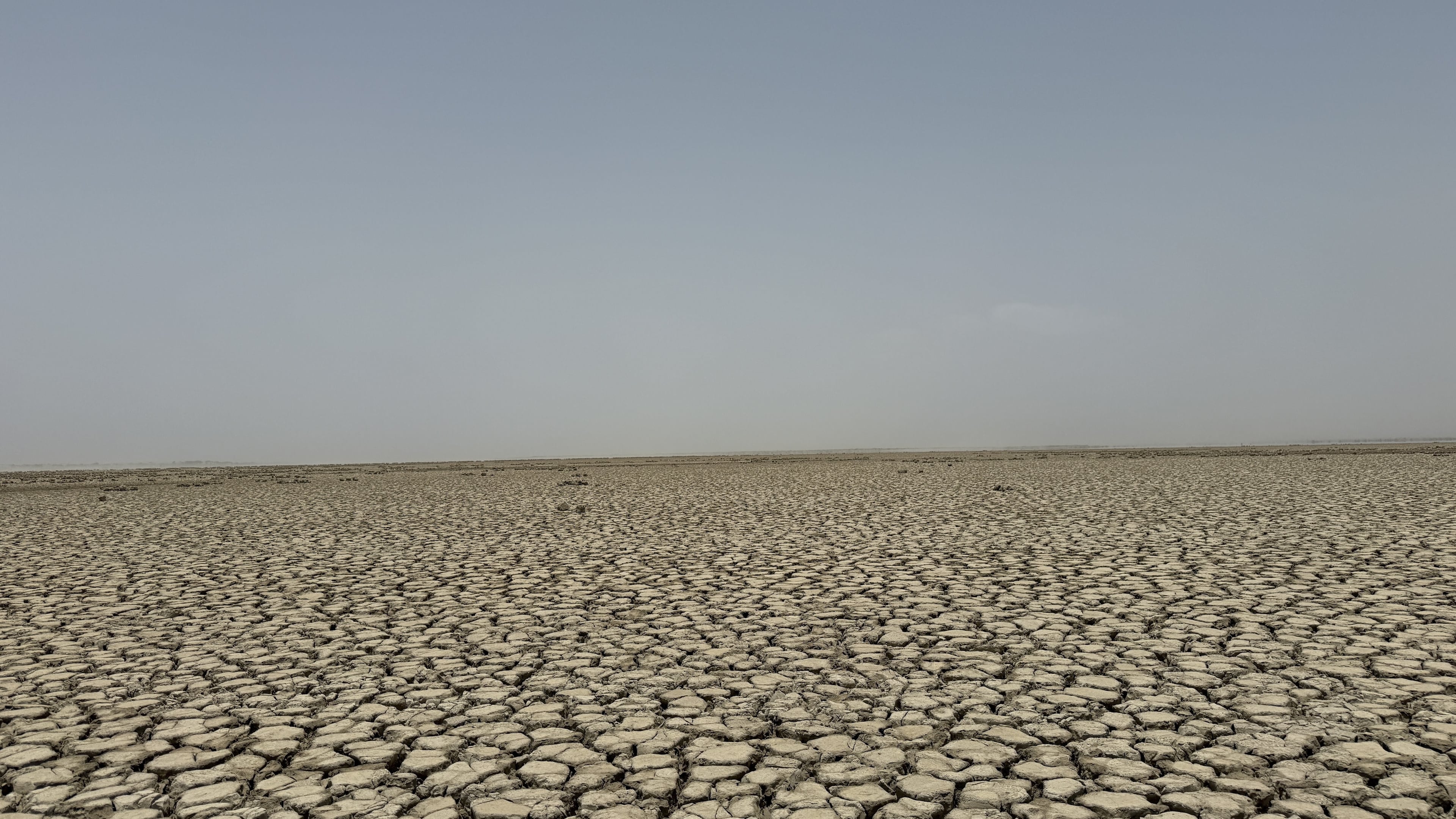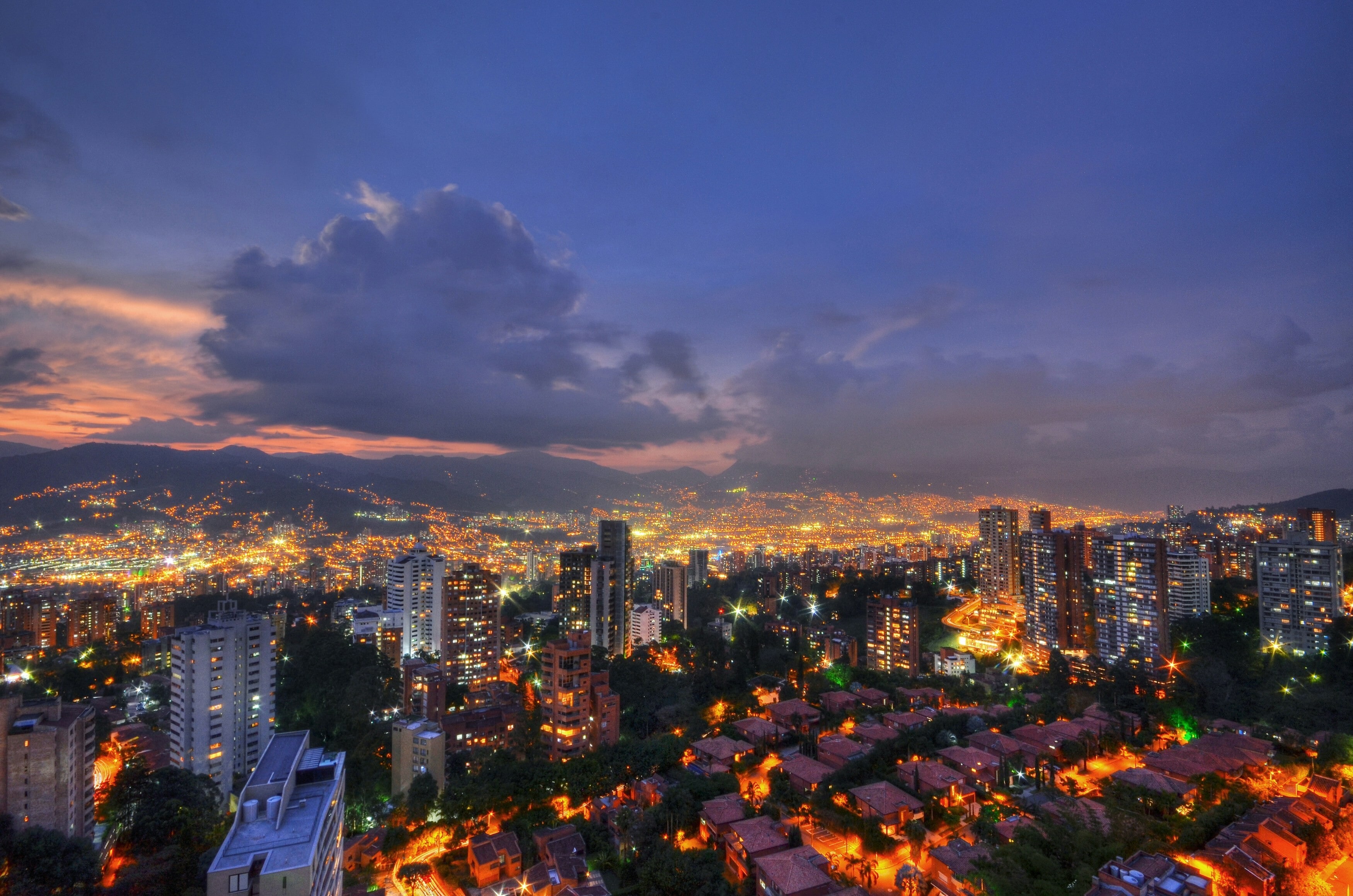Climate change is making disasters more expensive

Economic losses caused by climate-related disasters have risen significantly.
Image: REUTERS/Darren Whiteside - RC13BC18E5B0
Stay up to date:
Climate Crisis
Economic losses caused by climate-related disasters have soared by about two and a half times in the last 20 years, the United Nations said on Wednesday.
From 1998 to 2017, direct losses from all disasters totalled $2.9 trillion, of which 77 percent was due to extreme weather that is intensifying as the world warms, the U.N. Office for Disaster Risk Reduction (UNISDR) said in a report.
That compares with overall losses of $1.3 trillion from 1978 to 1997, 68 percent of that accounted for by climate and weather hazards, including storms, floods and droughts.
"We can see that climate change is playing an increasingly important role in driving up disaster losses around the world, and that probably will be the case in the future as well," said Ricardo Mena, an official at the Geneva-based UNISDR.
On Monday, climate scientists warned that if global average temperatures rise more than 1.5 degrees Celsius (2.7 degrees Fahrenheit) above pre-industrial times, it would lead to more suffering - especially among the world's poorest.
The planet has already heated up by about 1 degree Celsius.
Climate change is increasing the frequency and severity of extreme weather, and disasters will continue to set back sustainable development, the UNISDR report warned.
Climate-related disasters accounted for about 90 percent of the 7,255 major disasters between 1998 and 2017, most of them floods and storms, it said.
Losses were greatest in the United States at $945 billion, followed by China at $492 billion and Japan at $376 billion.
In the past two decades, 1.3 million people were killed and 4.4 billion were injured, left homeless, displaced or required emergency help.
More than half the deaths were caused by 563 earthquakes and related tsunamis, said the report drawing on data from the Centre for Research on the Epidemiology of Disasters in Belgium.
Although rich countries shoulder the highest absolute economic losses, the report noted the disproportionate impact of disasters on low and middle-income countries.
People in poorer nations are seven times more likely to be killed by a disaster than in wealthier ones, Mena told the Thomson Reuters Foundation.
In developing countries, economic losses are not analysed for many disasters, meaning the new data was just the "tip of the iceberg", he noted.
Puerto Rico was the only high-income territory ranked among the top ten places for annual losses as a percentage of economic growth, alongside Haiti, Honduras, Cuba, El Salvador, Nicaragua, Georgia, Mongolia, Tajikistan and North Korea.
Mami Mizutori, U.N. special representative for disaster risk reduction, called for greater efforts to tackle high fatalities in regions prone to earthquakes.
The 2,000 deaths and widespread destruction caused by last month's earthquake and tsunami on Indonesia's Sulawesi island exposed the need to raise public awareness and apply high standards for construction in seismic zones, she added.
The report ramped up the urgency for countries to put into practice a global plan for managing disaster risk hammered out in 2015 in Sendai, Japan, UNISDR's Mena said.
Don't miss any update on this topic
Create a free account and access your personalized content collection with our latest publications and analyses.
License and Republishing
World Economic Forum articles may be republished in accordance with the Creative Commons Attribution-NonCommercial-NoDerivatives 4.0 International Public License, and in accordance with our Terms of Use.
The views expressed in this article are those of the author alone and not the World Economic Forum.
Related topics:
Forum Stories newsletter
Bringing you weekly curated insights and analysis on the global issues that matter.
More on Climate ActionSee all
Sikander Bizenjo and Eric Shahzar
August 14, 2025
Tom Crowfoot
August 12, 2025
Luis Antonio Ramirez Garcia
August 11, 2025
Michael Fröbel and Stanislas Hillen
August 8, 2025




